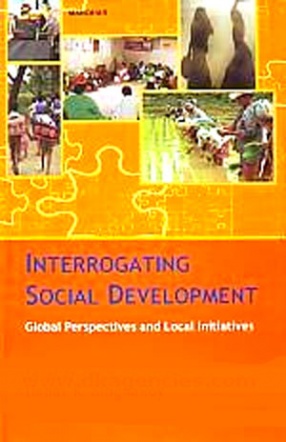This collection of essays shows that as the developmental processes have not positively impacted all sections of the society, due to inherited socio-cultural considerations on the one hand and the state failure to ensure equity to all its citizen on the other, pre-existing social imbalances have been reproduced and furthered keeping vast sections of the population persistently poor, illiterate, in ill-health, un/underemployed, homeless, voiceless and vulnerable. Beside elaborating the dominant perspectives of social development it also elucidates several developmental initiatives undertaken among the tribes, dalits, forest-dwellers, women, physically challenged, sex-workers in various parts of the country and recorded emerging praxes of socia development that have emerged from the grass-roots experiences of cooperative activists;, Self-Help Group initiatives, cdifbrate social partnerships, interactivity of marginalized communities, and ICTs interventions.
This collection would be of immense use to students, researchers, teachers of sociology, political science, economics, history, public administration, social psychology and development studies and civil society activists, planners, executives and politicians dealing with the issues of social development, marginalization and social exclusion.








There are no reviews yet.